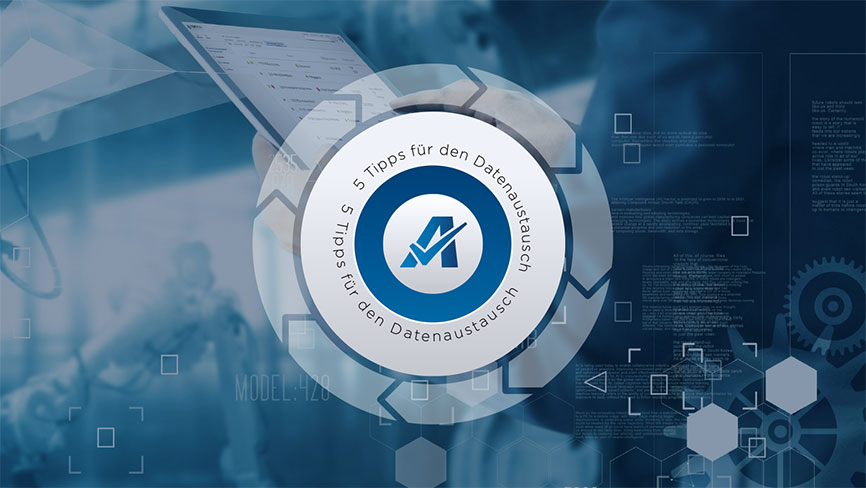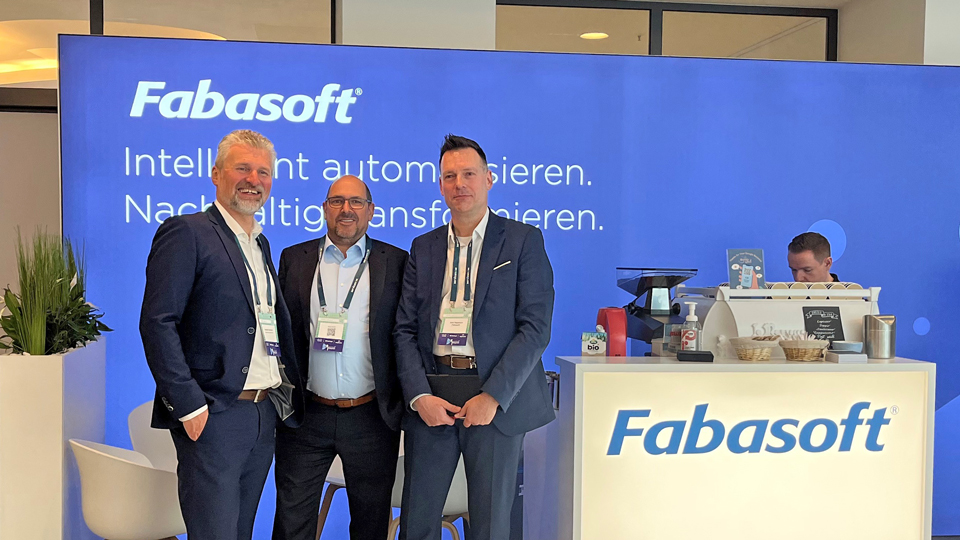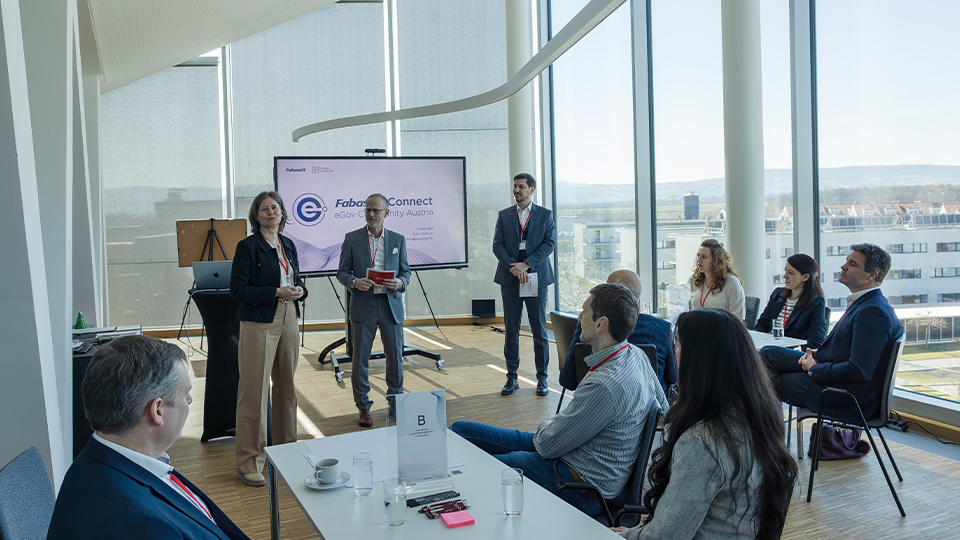In an effort to respond to the ever-changing challenges and demands of the market, more and more companies are focusing on digitalizing their business processes. The ultimate objective is to create a "smart factory”; in other words, an automated production environment that delivers the most effective targeted day-to-day support to the responsible staff. Structuring the burgeoning stream of data and ensuring efficient exchange requires a centralized, cloud-based information platform. In this article, I'll share what really counts for a smart factory in this context.
Recommendations for rapid and secure data exchange
Industry 4.0 and the digital transformation are impacting the mechanical and plant engineering sector in radically profound ways. An increasing number of companies consider the so-called smart factory to be the production environment of the future. These factories organize themselves and, in so doing, keep the workload for the employees to a minimum. As a rule, digitalizing all processes generates a lot of additional data.
Here are five recommendations to keep in mind for achieving rapid and seamless data exchange both within and between smart factories:
1. Automate the flow of information
Cloud resources are emerging as indispensable enablers of automation. That applies to the flow of information both within the company as well as with external partners. Cloud platforms specializing in business processes provide support for modeling individual in-house workflows as digital processes and also help design them to be transparent and traceable. Thanks to no-code features, users no longer need programming skills to do this; instead, what this calls for are "citizen developers" from function-related departments within the company. These solutions can be integrated swiftly into the existing IT landscape using standardized interfaces – to SAP, for example.
2. Use a central information platform
Specifications, contracts, documentation – the production environment generates huge volumes of data and technical documents. A cloud-based common data environment (CDE) bundles and structures the documents required for technical data management and serves as a central information platform. This means that everyone involved can access and edit the content in accordance with their authorization rights. Status updates, process analyses, and dashboards help users stay on top of things. Reports generated in real time provide the foundation for making informed decisions and executing any necessary actions.
3. Establish "anywhere operations"
In a smart factory, the technical data management solutions also need to secure "anywhere operations." What that boils down to is making sure all relevant parties have access to the data from any location and from a range of different mobile devices, making it possible to take care of even complex workflows such as release and approval processes. To speed up the process even more, native electronic signature capability enables legally binding digital signatures. In an ideal scenario, the selected technical data management tool combines CDE and anywhere operations into a single solution.
4. Prioritize data security
In the industrial environment, protecting intellectual property is a top priority. That's why leading-edge technical data management incorporates a number of security safeguards. These can include two-factor authentication login using single sign-on, or role- and rights-based security concepts that only permit authorized persons to work with certain kinds of data. Automatic versioning and an audit log ensure that logins and amendments can be tracked at any time. When selecting cloud providers, it's a good idea to consider where they come from. European vendors verify the security of their solutions with a host of leading international certifications.
5. Ensure transparency
Companies have to comply with stringent quality demands as well as substantial requirements in terms of documentation. A CDE provides end-to-end support for traceable workflows and secure transmittal management, creating the necessary transparency for customers, business partners, and government agencies. This makes it possible to automatically manage and transmit certificates along with licensing and authorization documents from a single platform. The system can be accessed not only by the manufacturing company itself, but also by customers, component manufacturers, and the relevant authorities according to their specific needs.
A cloud-based CDE serves as the central data source
Digital factories aim to establish a self-organizing production environment. Manufacturing processes that are this advanced are based on the intelligent networking of machines and products combined with the end-to-end digitalization of administrative processes. A cloud-based common data environment like Approve on Fabasoft PROCECO that serves as a central information platform provides data exchange that is automated and secure, while significantly reducing the workload for everyone involved. A CDE of this caliber can handle the rapidly escalating quantities of data generated in a smart factory and contribute to digital transformation in a major way.
To find out more about what you need to keep in mind for data exchange in a smart factory, check out our free whitepaper How smart factories manage technical data for maximum efficiency.




